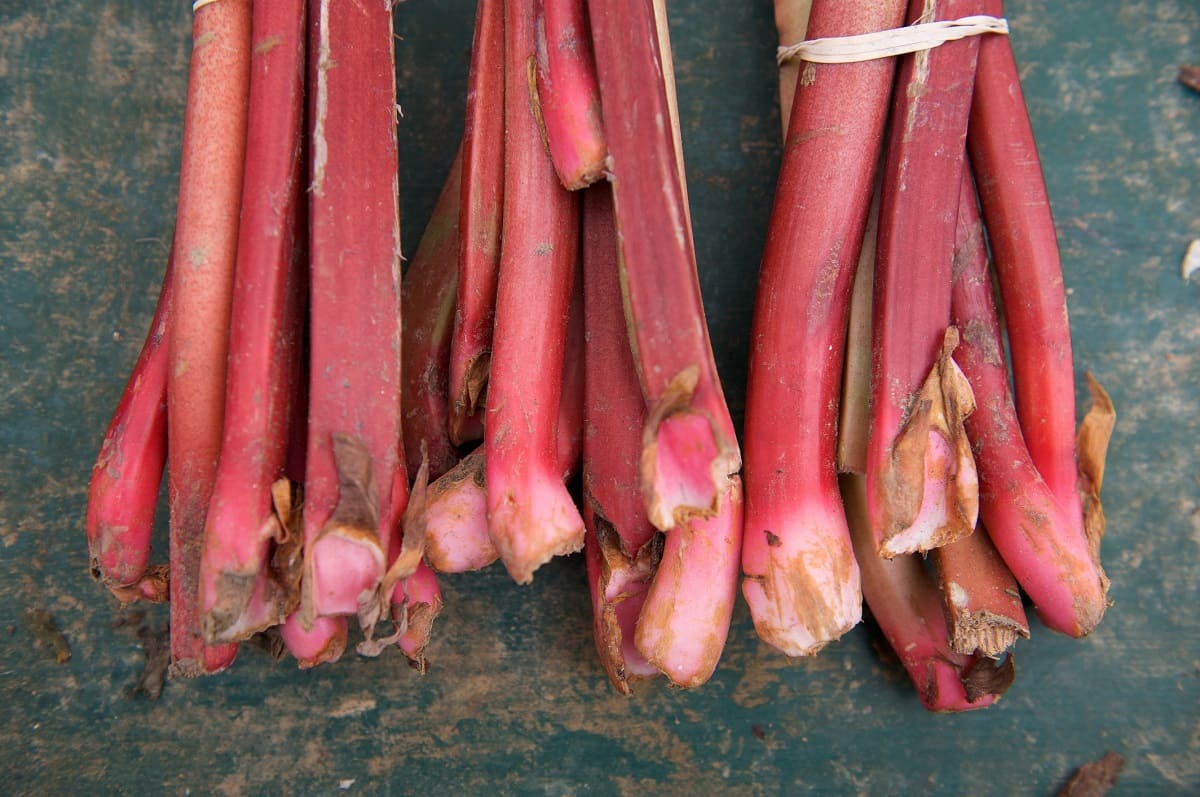

Articles
How To Store Rhubarb In Fridge
Modified: January 7, 2024
Learn how to store rhubarb in the fridge to keep it fresh for longer. Read our helpful articles on the best methods to store rhubarb and enjoy it whenever you want.
(Many of the links in this article redirect to a specific reviewed product. Your purchase of these products through affiliate links helps to generate commission for Storables.com, at no extra cost. Learn more)
Introduction
Welcome to the wonderful world of rhubarb! With its vibrant red and green stalks, rhubarb is not only a visually appealing plant, but it also adds a delightful tangy flavor to a variety of dishes. Whether you grow your own rhubarb or buy it fresh from the market, it’s important to know how to store it properly to extend its shelf life and maintain its quality.
When it comes to rhubarb storage, refrigeration is key. Keeping rhubarb in the fridge ensures that it remains crisp and retains its vibrant color for longer periods. In addition, refrigeration can help slow down the enzymatic activity and reduce the loss of flavor and nutrients. In this article, we will guide you through the process of storing rhubarb in the fridge, as well as freezing it for longer-term storage.
Before we dive into the different storage methods, let’s first discuss how to choose the right rhubarb for storing.
Key Takeaways:
- Properly storing rhubarb in the fridge maintains its crispness, color, and nutrients, ensuring it stays fresh for up to a week. Follow simple steps to prepare and store rhubarb for delicious recipes anytime.
- Freezing rhubarb extends its shelf life for up to a year, preserving its flavor and texture. Blanch, package, and label rhubarb for convenient use in pies, jams, and other delightful treats.
Read more: How To Store Rhubarb In Freezer
Why Store Rhubarb in the Fridge?
Storing rhubarb in the fridge is essential for maintaining its freshness and quality. Here are a few reasons why it’s important to keep your rhubarb chilled:
- Prolongs Shelf Life: Rhubarb is a perishable vegetable and can quickly lose its quality if not stored properly. Placing it in the fridge helps to slow down the degradation process and extends its shelf life.
- Preserves Texture: Rhubarb stalks are naturally crisp, and refrigeration helps to maintain this desirable texture. Storing rhubarb in the fridge prevents it from becoming mushy or wilted, ensuring that it remains firm and crunchy.
- Retains Color: The vibrant red and green hues of rhubarb are not only visually appealing but also indicate freshness. Refrigeration helps to preserve the vibrant colors and prevent the stalks from turning dull or discolored.
- Minimizes Nutrient Loss: Rhubarb is packed with essential vitamins, minerals, and antioxidants. Storing it in the fridge can help slow down the loss of these valuable nutrients, ensuring that you get the maximum health benefits from your rhubarb.
By keeping these factors in mind, you can ensure that your rhubarb stays fresh and delicious for longer periods.
Choosing the Right Rhubarb
When it comes to selecting rhubarb for storage, it’s important to choose stalks that are fresh and in optimal condition. Here are some tips to help you choose the right rhubarb:
- Look for Firm Stalks: Select rhubarb stalks that are firm and free from any soft spots or blemishes. Soft or mushy stalks are likely to spoil quickly, even with proper storage.
- Inspect the Color: Opt for rhubarb stalks with vibrant, intense colors. The ideal color will vary depending on the variety, but generally, look for stalks that are mostly red or green, depending on the type of rhubarb.
- Avoid Woody Stalks: Avoid rhubarb stalks that are excessively thick or woody. These stalks tend to be tough and fibrous, making them less enjoyable to eat.
- Check for Fresh Leaves: While the leaves of rhubarb are not typically consumed, they can be an indicator of freshness. Look for leaves that are bright green and taut. Wilted or yellowing leaves can be a sign that the rhubarb is past its prime.
- Choose Seasonal Rhubarb: To ensure the best flavor and quality, try to choose rhubarb that is in season. In most regions, rhubarb is at its peak from late spring to early summer. Seasonal rhubarb tends to be more flavorful and easier to find.
By following these guidelines, you can select the best rhubarb for storing in the fridge and enjoy its fresh taste for longer.
Preparing Rhubarb for Storage
Before you can store rhubarb in the fridge, it’s important to properly prepare it. Follow these steps to ensure that your rhubarb is ready for storage:
- Wash the Stalks: Start by thoroughly washing the rhubarb stalks under cool, running water. This helps remove any dirt or debris that may be present.
- Trim the Ends: Trim off the ends of the rhubarb stalks with a sharp knife. Cut off any dry or discolored portions as well.
- Remove Leaves: While the leaves of rhubarb are toxic and should never be consumed, it’s essential to remove them before storage. Cut or twist off the leaves from the stalks, ensuring that only the stalks remain.
- Cut into Pieces: Depending on your preference, you can cut the rhubarb stalks into pieces of your desired length. The pieces should be small enough to fit comfortably in storage containers or bags.
- Pat Dry: Once the rhubarb stalks are trimmed and cut, gently pat them dry with a clean kitchen towel or paper towel. Removing excess moisture helps prevent the growth of bacteria and prolongs the shelf life of the rhubarb.
With these simple steps, your rhubarb is now prepared and ready to be stored in the fridge. Let’s dive into the two methods for storing rhubarb: in the fridge and in the freezer.
To store rhubarb in the fridge, first remove any rubber bands or ties, then wrap the stalks in a damp paper towel and place them in a perforated plastic bag. Store in the crisper drawer for up to 2 weeks.
Method 1: Storing Rhubarb in the Fridge
Storing rhubarb in the fridge is a simple and effective way to keep it fresh for an extended period. Follow these steps to store rhubarb in the fridge:
- Wrap in a Damp Cloth: Take the prepared rhubarb stalks and wrap them loosely in a damp cloth or paper towel. This helps to retain moisture and prevent the rhubarb from drying out.
- Place in a Plastic Bag: Put the wrapped rhubarb in a plastic bag, leaving the top partially open to allow for airflow. Alternatively, you can use a plastic food storage container with a lid, making sure to leave it slightly ajar.
- Label and Date: If you have multiple batches of rhubarb, it can be helpful to label and date the plastic bag or container. This way, you can easily identify the rhubarb and keep track of its freshness.
- Store in the Fridge: Place the bag or container in the refrigerator’s crisper drawer or any other cool part of the fridge. The ideal temperature for storing rhubarb is around 32 to 40°F (0 to 4°C).
- Check and Use Within a Week: Rhubarb can typically be stored in the fridge for up to a week. However, it’s best to check the rhubarb regularly for any signs of spoilage. Use the rhubarb as soon as possible to enjoy it at its freshest.
By following these steps, you can keep your rhubarb fresh and ready to use whenever you’re in the mood for a delicious rhubarb-infused recipe.
Read more: How To Store Butter In Fridge
Method 2: Freezing Rhubarb
If you have an abundance of rhubarb or want to preserve it for a longer period, freezing is a great option. Follow these steps to freeze rhubarb:
- Blanch the Rhubarb: Start by blanching the rhubarb stalks. Blanching helps to preserve the flavor, texture, and color of the rhubarb. Bring a pot of water to a boil and carefully add the rhubarb stalks. Allow them to blanch for 1 to 2 minutes.
- Cool in Ice Water: After blanching, immediately transfer the rhubarb to a bowl of ice water to stop the cooking process. Let the rhubarb cool in the ice water for a few minutes.
- Drain and Dry: Remove the rhubarb from the ice water and allow it to drain thoroughly. Pat the rhubarb stalks dry with a clean kitchen towel or paper towel to remove excess moisture.
- Cut into Pieces: Cut the rhubarb into desired pieces, whether chunks or slices. Consider the size of your preferred portions and how you may use the rhubarb in future recipes.
- Package and Seal: Place the cut rhubarb into freezer-safe containers or resealable freezer bags. Make sure to remove any excess air from the bags before sealing tightly. Label the containers or bags with the date to keep track of freshness.
- Freeze: Put the packaged rhubarb in the freezer and ensure it is kept flat to prevent the pieces from sticking together. A flat orientation also helps with efficient storage and easy stacking.
- Use within a Year: Frozen rhubarb can be stored for up to a year. However, for the best quality and flavor, try to use it within six to eight months.
By following these steps, you can freeze rhubarb and have a supply that’s readily available whenever you need it for pies, jams, compotes, or other tasty rhubarb treats.
Tips for Storing Rhubarb
To ensure the best storage results for your rhubarb, here are some additional tips to keep in mind:
- Don’t Wash Until Ready to Use: It’s best to avoid washing rhubarb until you’re ready to use it. Excess moisture can promote spoilage, so it’s better to wash and pat dry the stalks just before cooking or consuming them.
- Use Airtight Containers: Whether you’re storing rhubarb in the fridge or freezer, always use airtight containers or bags to prevent air exposure. This helps maintain freshness and protects against freezer burn.
- Store Away from Ethylene-Producing Fruits: Rhubarb is sensitive to ethylene gas, which is produced by some fruits like apples and bananas. To prevent the rhubarb from ripening too quickly, keep it away from these ethylene-producing fruits in the fridge.
- Separate Stalks to Prevent Stickiness: If you’re storing rhubarb stalks in a bag or container, separate them or place a layer of parchment paper between each stalk. This prevents the stalks from sticking together and makes it easier to remove the desired amount when needed.
- Label and Date: Proper labeling with the date will help you keep track of the storage time and ensure you use the oldest rhubarb first.
- Consider Recipe Portions: When freezing rhubarb, consider cutting it into portions that are suitable for the recipes you plan to make. This way, you can easily grab the amount you need without having to thaw a large batch unnecessarily.
- Avoid Thawing and Refreezing: When using frozen rhubarb, try to thaw only the amount you need for a particular recipe. Refreezing thawed rhubarb can affect its texture and quality.
- Discard Spoiled Rhubarb: Regularly inspect and remove any spoiled or discolored rhubarb from your storage. One spoiled stalk can affect the quality of the whole batch.
By following these tips, you can maximize the shelf life and quality of your stored rhubarb, ensuring you have delicious rhubarb options available whenever you desire.
Conclusion
Storing rhubarb properly is key to preserving its freshness, flavor, and texture. Whether you choose to store it in the fridge or freeze it for longer-term storage, following the correct methods will help you enjoy rhubarb throughout the year. Refrigeration keeps rhubarb crisp, vibrant, and ready to use for up to a week, while freezing allows you to extend its shelf life for several months.
Remember to select fresh and firm rhubarb stalks, wash and trim them before storage, and choose the appropriate storage method based on your needs. Properly wrapped and labeled containers or bags will help prevent spoilage and maintain the best quality of rhubarb. By following these guidelines and tips, you can enjoy the tangy and delicious flavors of rhubarb in a variety of recipes, from pies and crisps to sauces and jams.
So the next time you find yourself with an abundance of rhubarb or want to stock up for later use, use these storage methods effectively. Whether it’s a sweet dessert, a tangy sauce, or a refreshing drink, having stored rhubarb on hand will allow you to savor this versatile ingredient whenever you have a craving or a culinary inspiration strikes.
Embrace the vibrant world of rhubarb, and make the most of its abundance by mastering the art of proper storage. With the right techniques, you can enjoy the tangy goodness of rhubarb all year round!
Frequently Asked Questions about How To Store Rhubarb In Fridge
Was this page helpful?
At Storables.com, we guarantee accurate and reliable information. Our content, validated by Expert Board Contributors, is crafted following stringent Editorial Policies. We're committed to providing you with well-researched, expert-backed insights for all your informational needs.
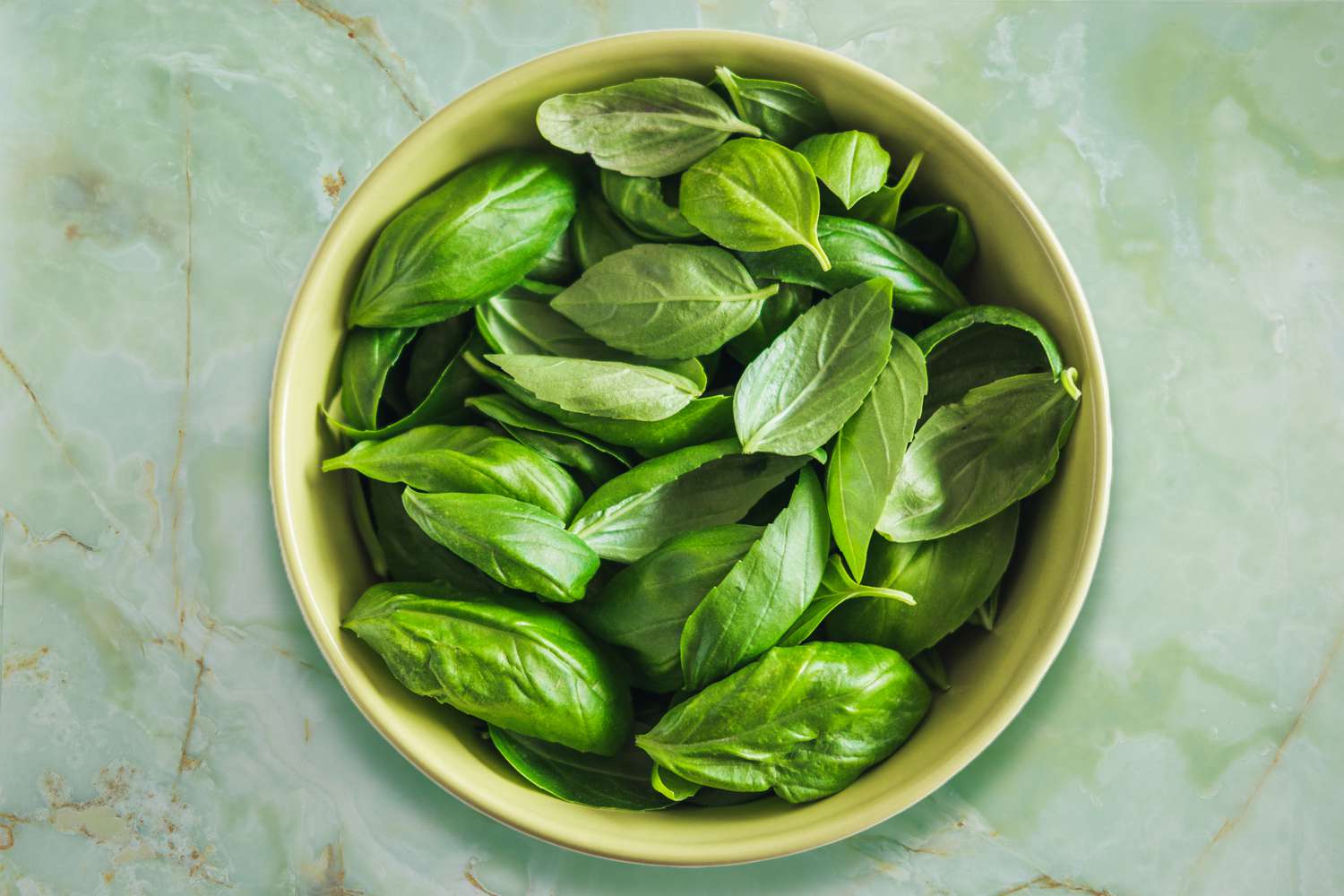
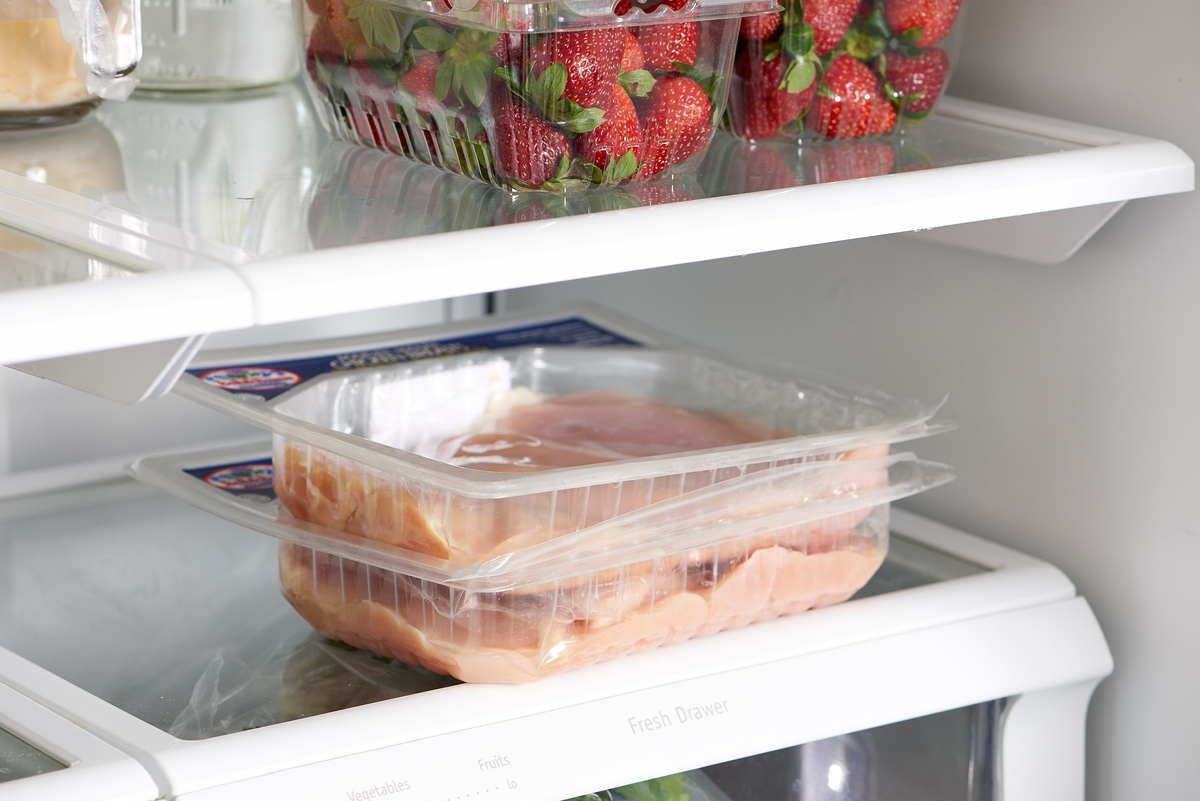

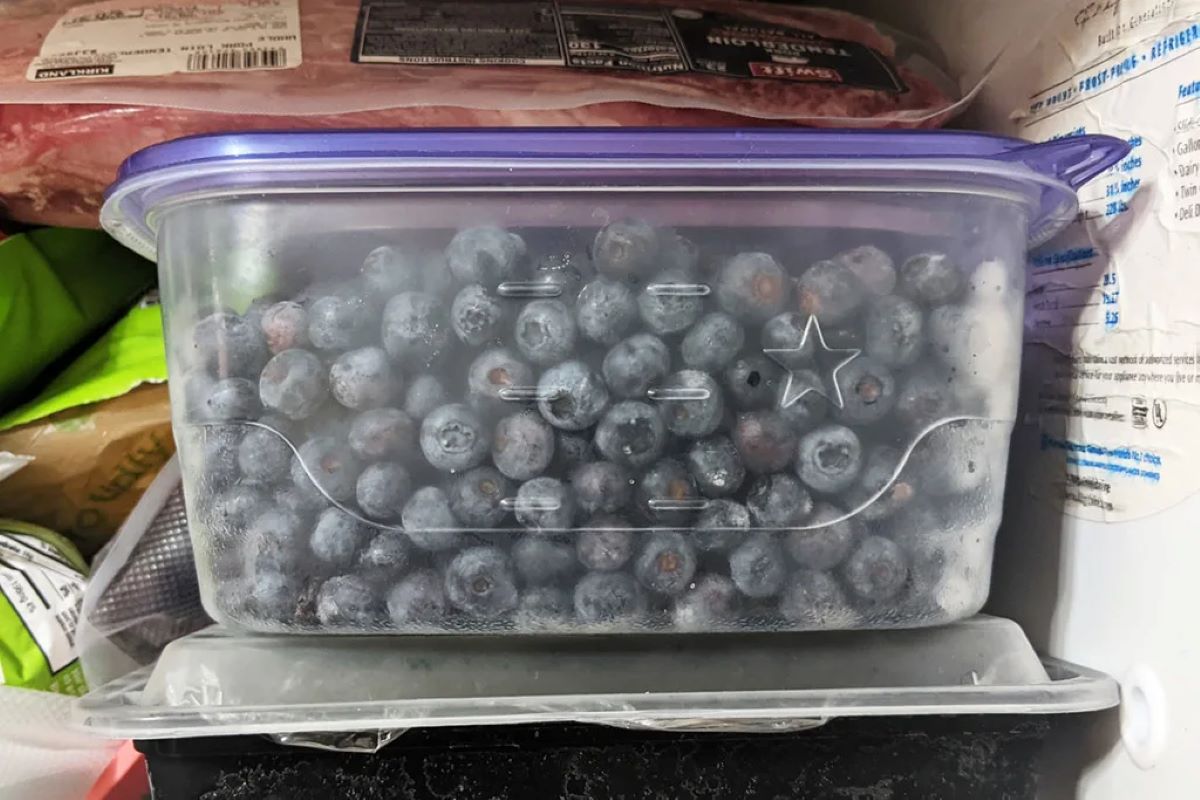
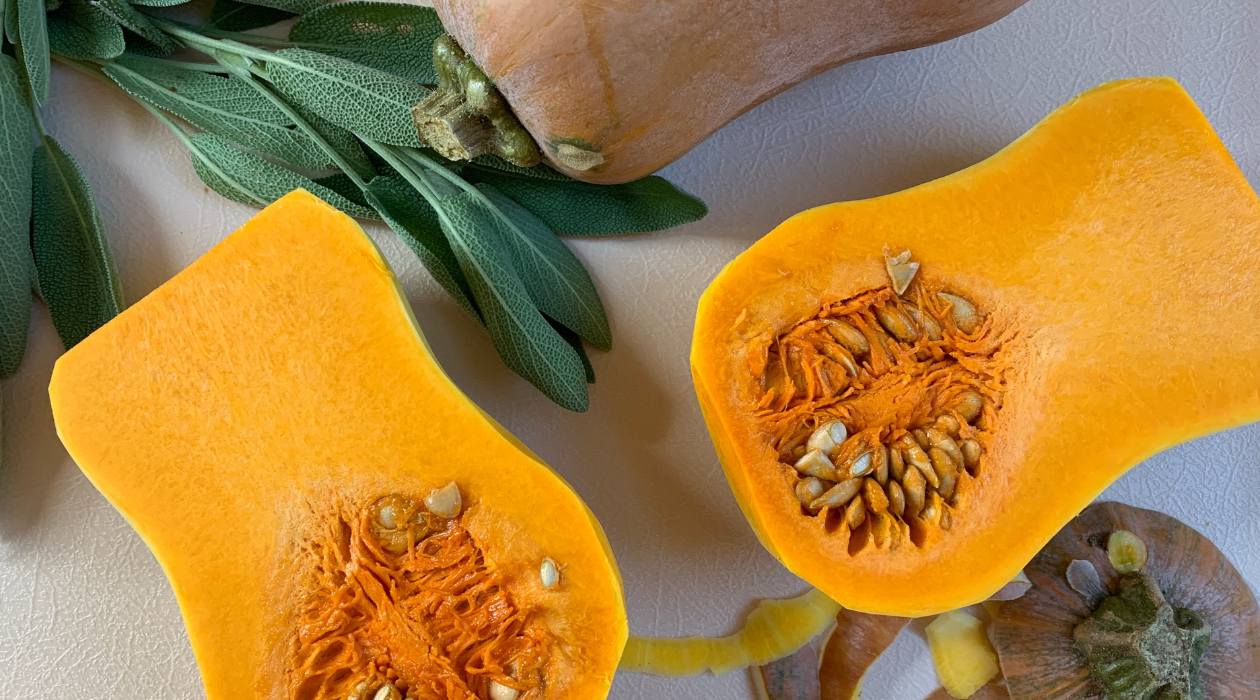
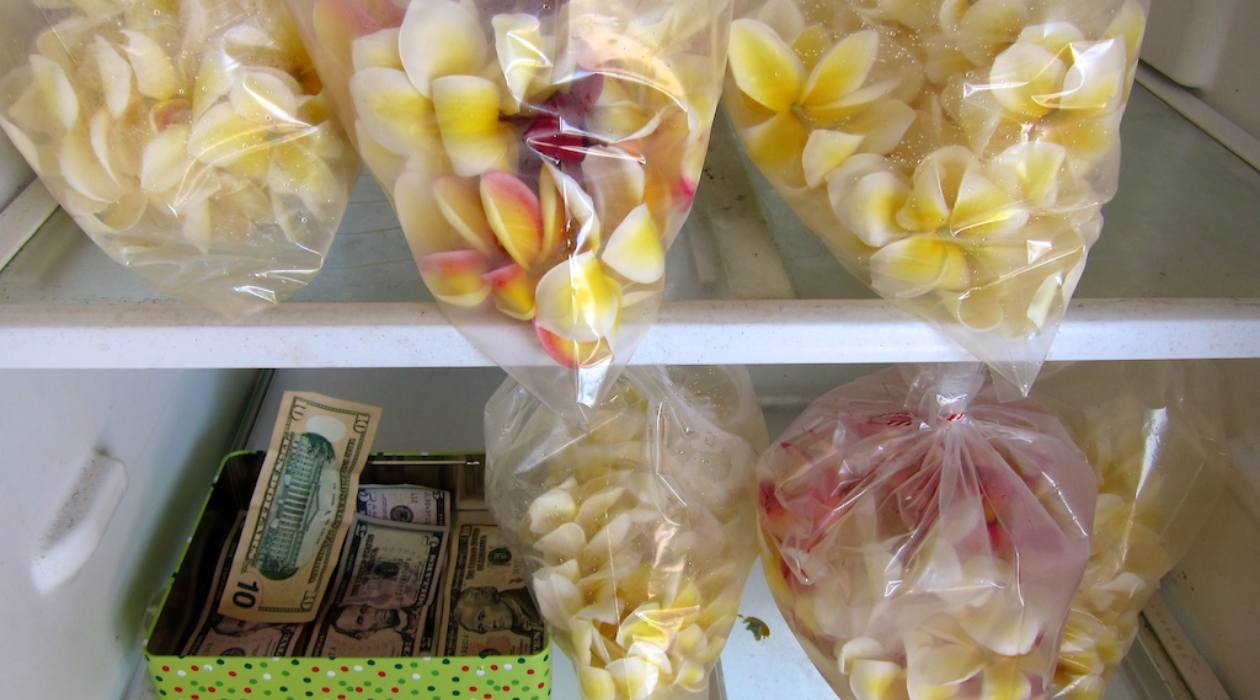

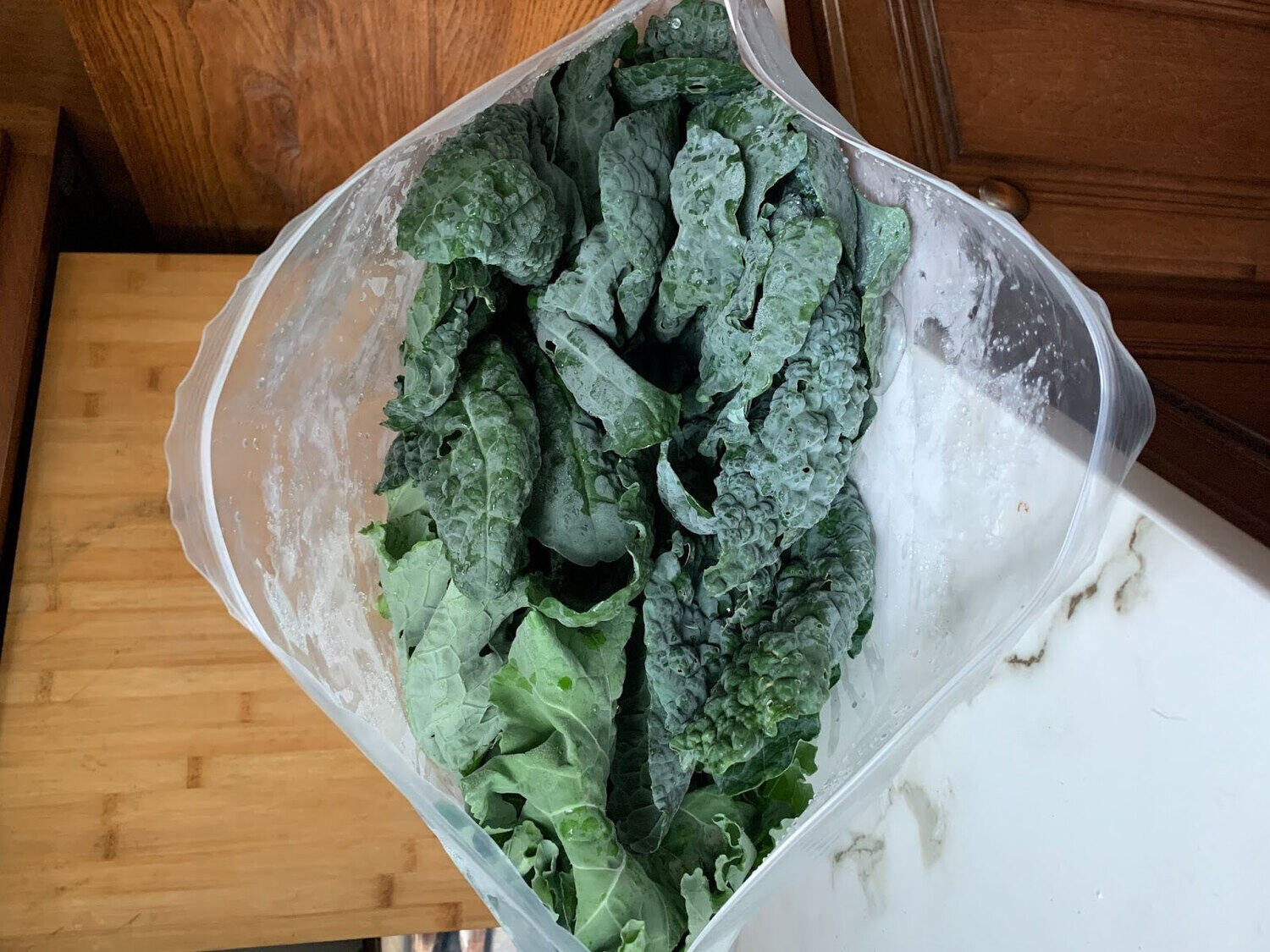
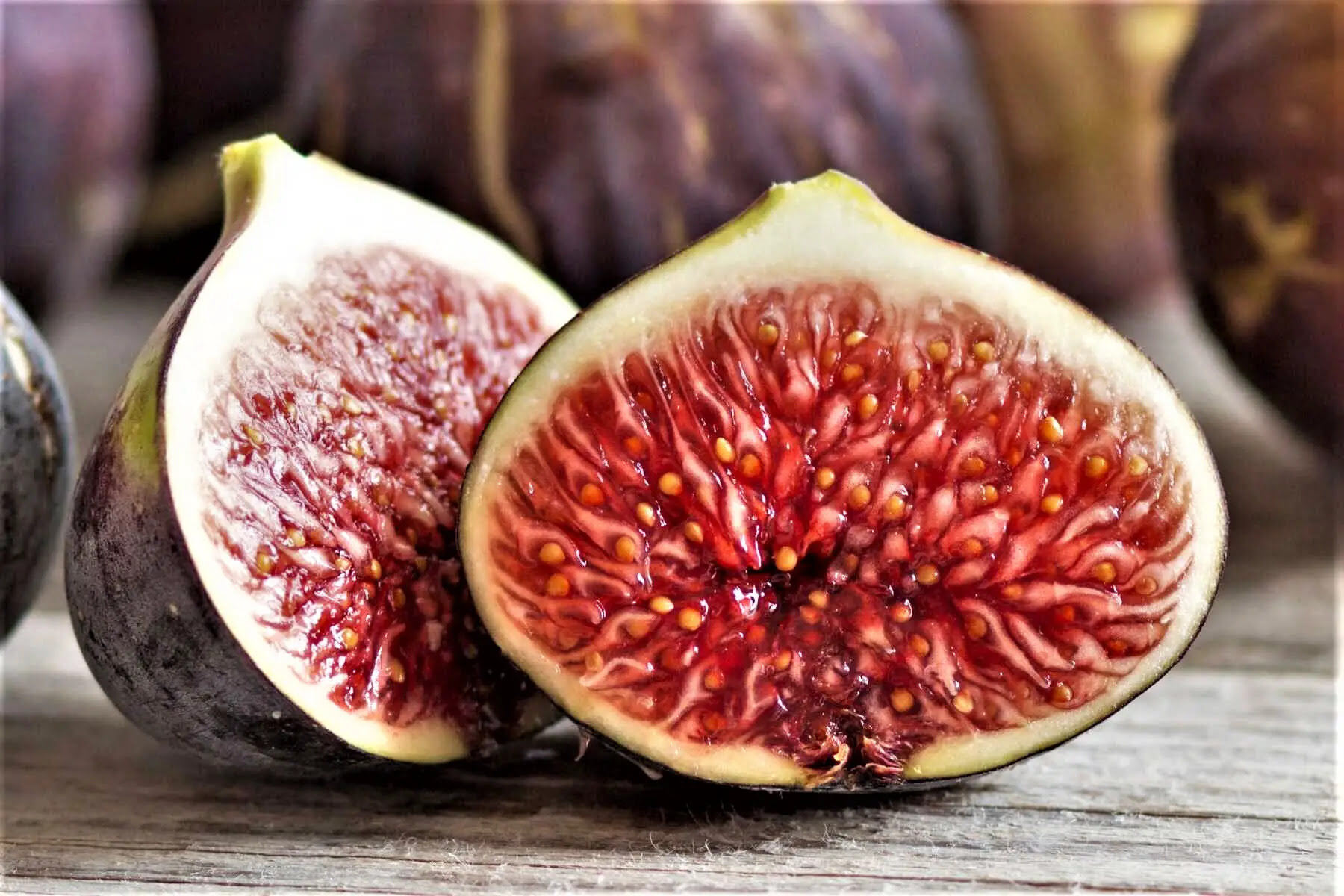
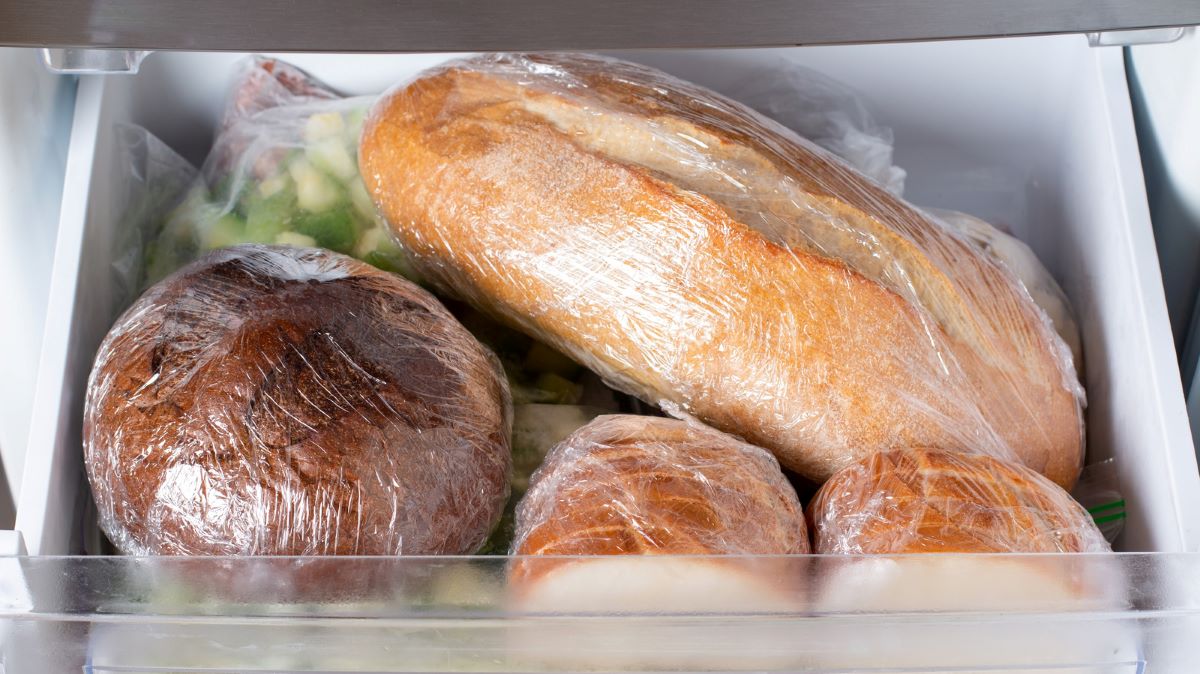
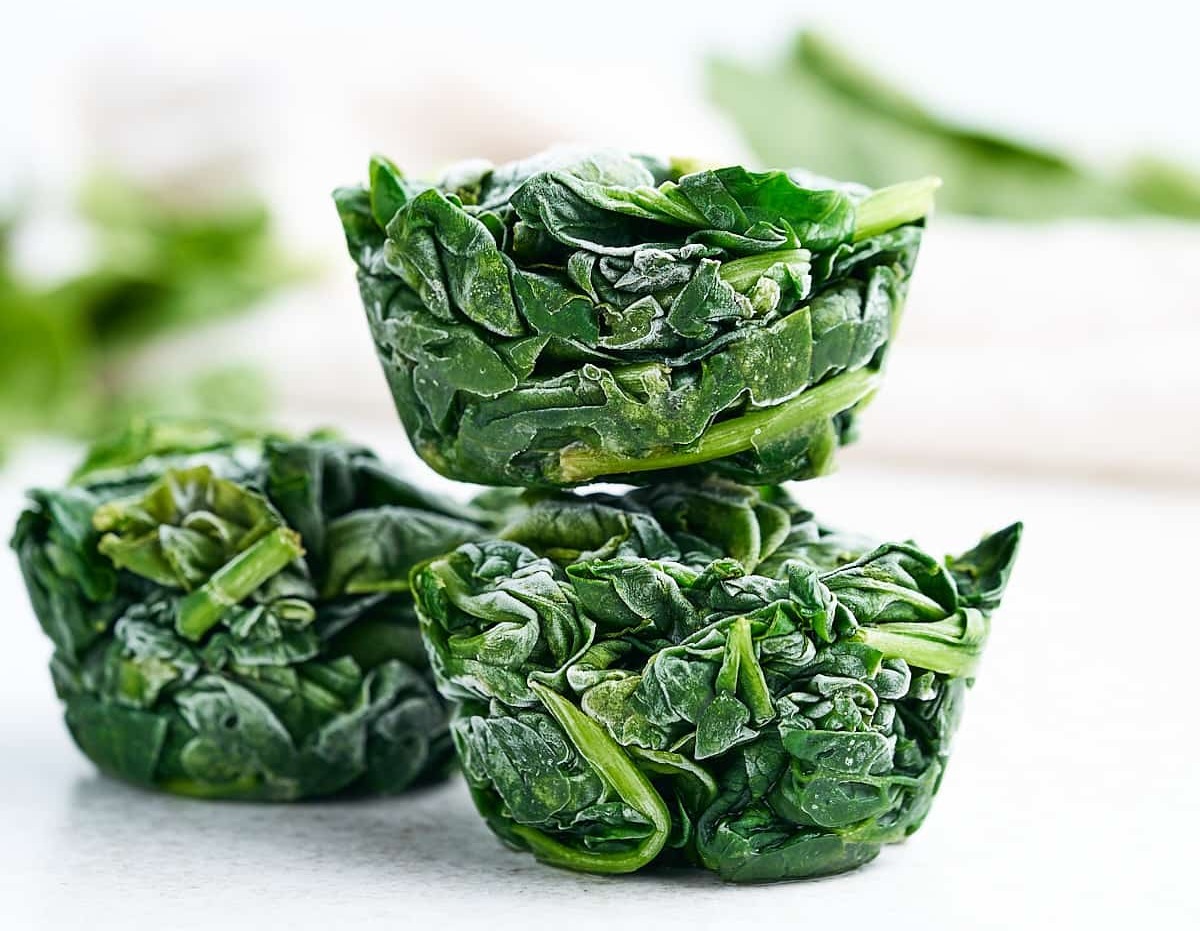
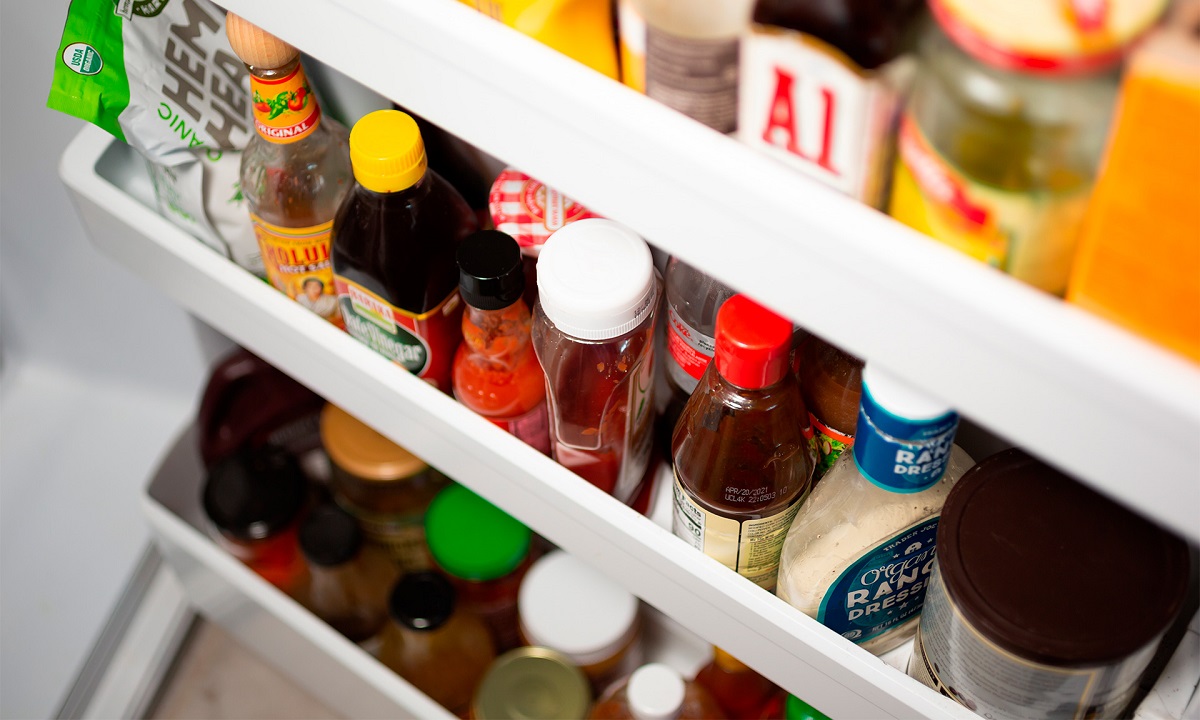
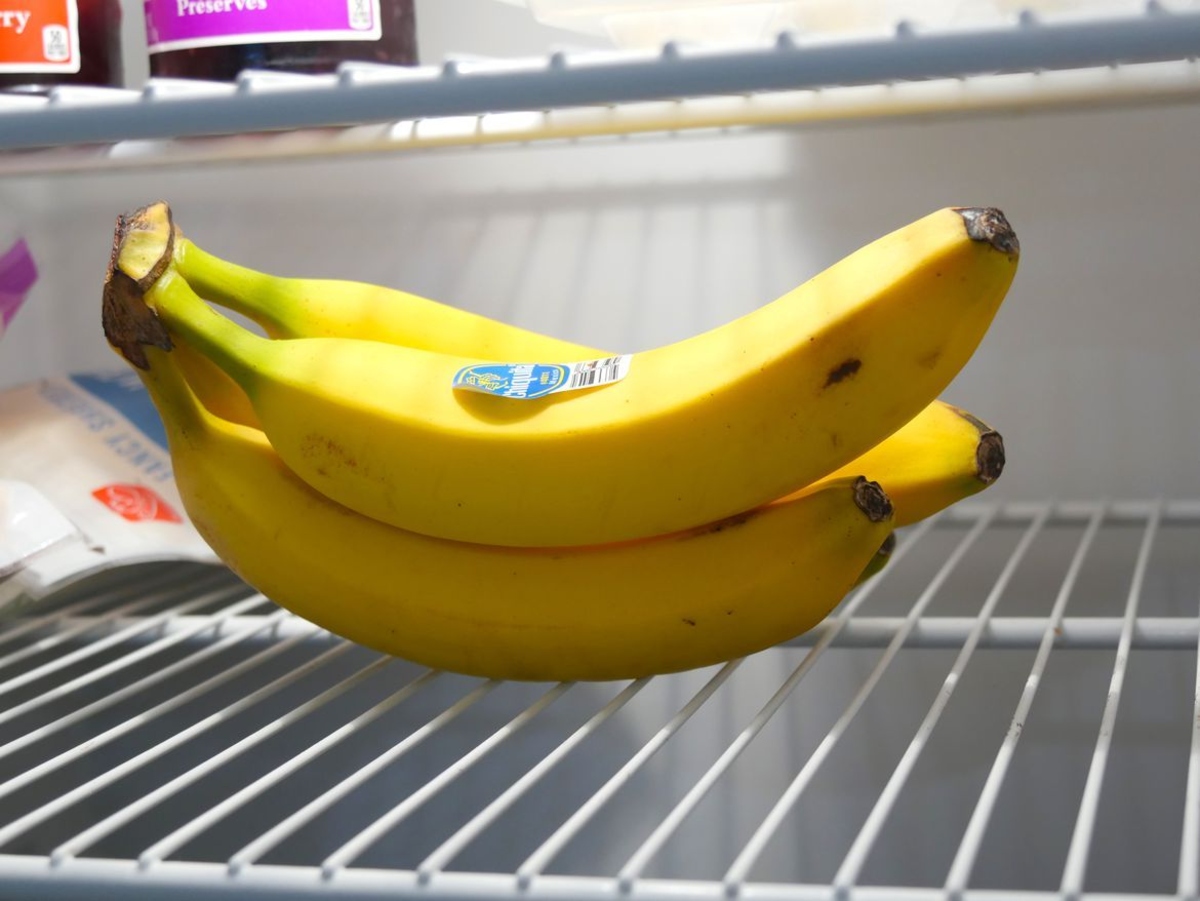
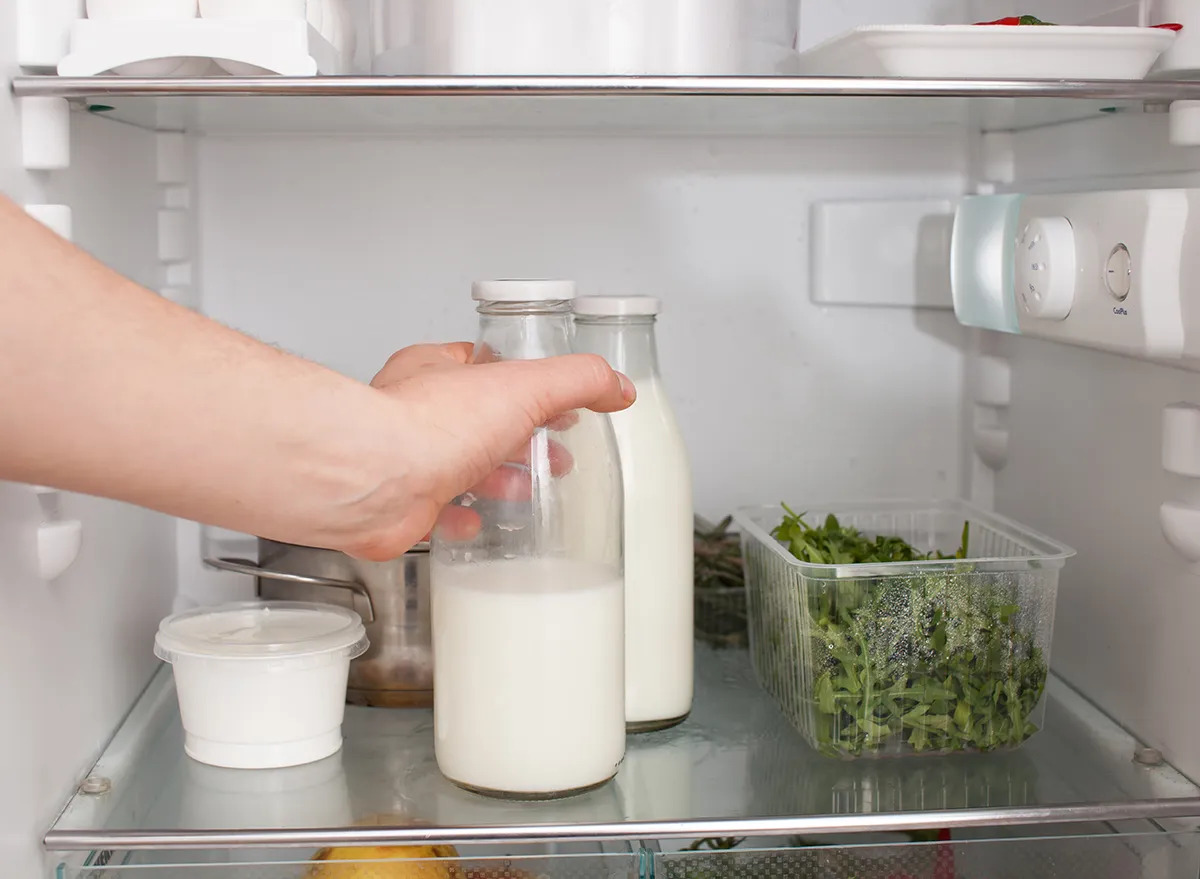

0 thoughts on “How To Store Rhubarb In Fridge”